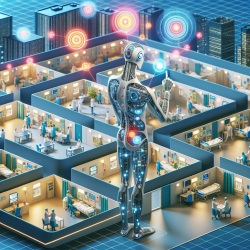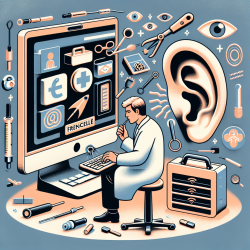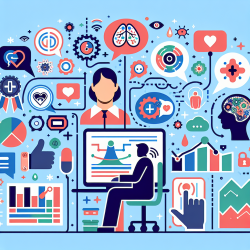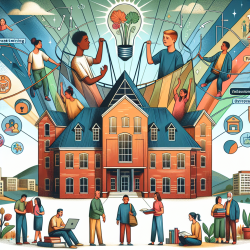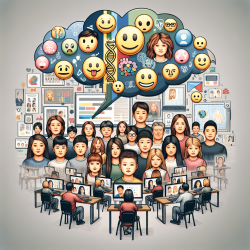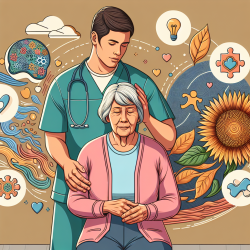Introduction
The integration of Artificial Intelligence (AI) into healthcare systems is revolutionizing the way clinical documentation is managed. The research article, "Charting Tomorrow’s Healthcare: A Traditional Literature Review for an Artificial Intelligence-Driven Future," provides insights into how AI can transform Electronic Health Records (EHR) through automated scribing and note dictation. This blog aims to explore the potential of AI in enhancing clinical documentation, thereby improving healthcare outcomes.
Current Challenges in EHR Systems
EHR systems have significantly evolved, yet they continue to pose challenges for healthcare providers. Despite their potential to streamline workflow and enhance patient safety, EHRs often increase the clerical burden on physicians. Studies indicate that physicians spend a substantial portion of their workday on EHR documentation, which detracts from patient-centered care.
For instance, a study highlighted that primary care physicians spend approximately 5.9 hours of their 11.4-hour workday on EHR tasks. This not only affects the quality of care but also contributes to physician burnout. The complexity and inefficiency of EHR systems necessitate innovative solutions to alleviate these burdens.
The Role of AI in Clinical Documentation
AI offers promising solutions to the challenges posed by EHR systems. Automated dictation and note-writing can streamline real-time workflow, enhance patient satisfaction, and improve note accuracy. Digital scribe systems, utilizing speech recognition and natural language processing (NLP), can convert verbal patient encounters into structured medical charts. This allows physicians to focus on patient interaction rather than data entry.
Moreover, AI can assist in improving clinical accuracy. Automated systems can generate detailed procedural logs and validate billing codes, reducing medical errors and administrative burdens. These advancements highlight AI's potential to enhance healthcare delivery efficiency.
Future Directions and Considerations
The future of AI in healthcare is promising, with potential applications in voice-to-text dictation, procedure note dictation, and wearable monitoring systems. However, challenges such as transparency, ethical concerns, and interoperability must be addressed. Physicians should use AI systems as decision-support tools rather than definitive diagnostic tools.
Advancements in NLP and AI integration can enhance the accuracy and practicality of voice-to-text systems. Additionally, leveraging audio and video capture technology for real-time documentation can improve procedural accuracy and patient outcomes. However, these innovations require careful consideration of ethical and legal implications.
Conclusion
AI-driven solutions hold the potential to transform clinical documentation, reducing the clerical burden on healthcare providers and enhancing patient care. By embracing AI technologies, healthcare systems can achieve greater efficiency and accuracy in clinical documentation. However, a balanced approach, considering ethical and legal challenges, is essential for maximizing AI's utility in modern medicine.
To read the original research paper, please follow this link: Charting Tomorrow’s Healthcare: A Traditional Literature Review for an Artificial Intelligence-Driven Future.
